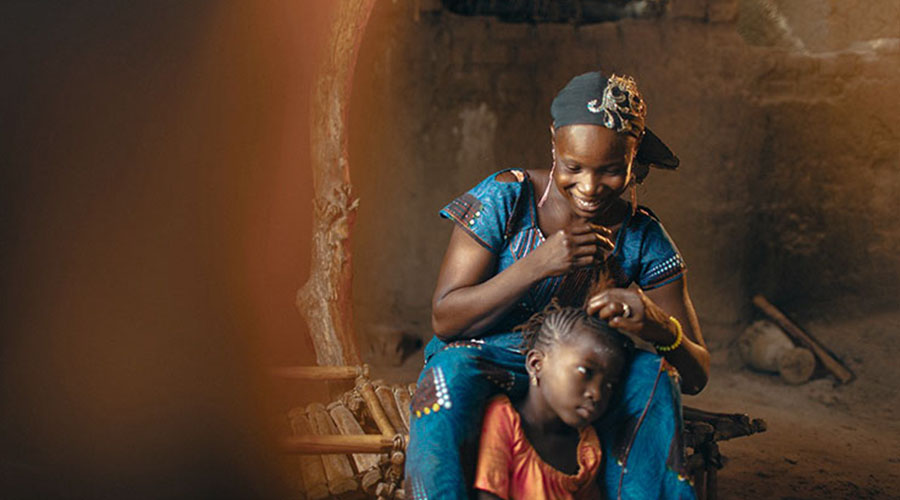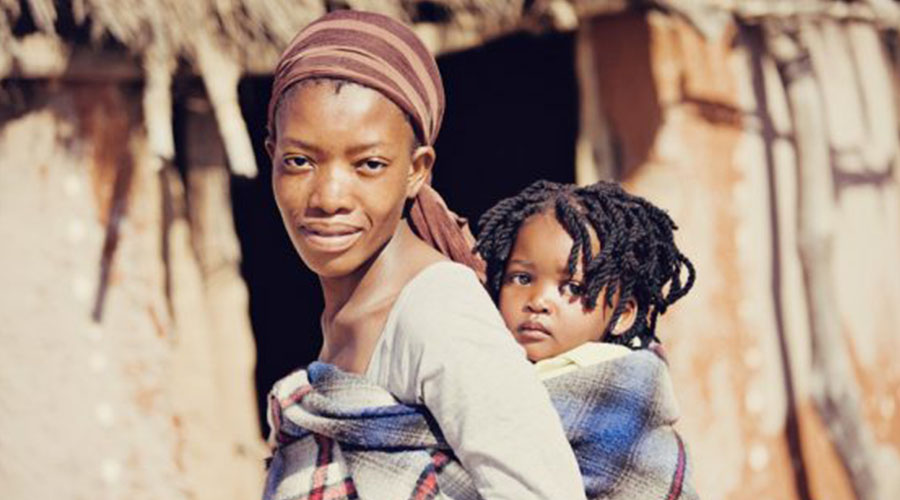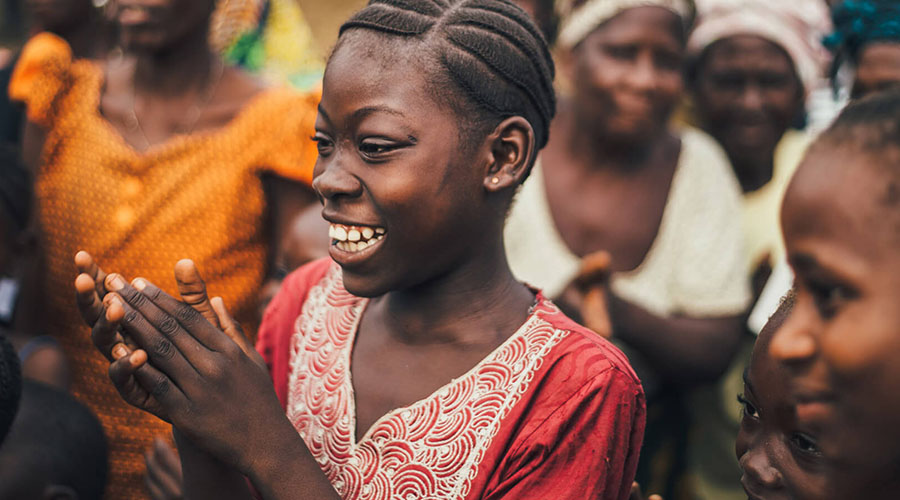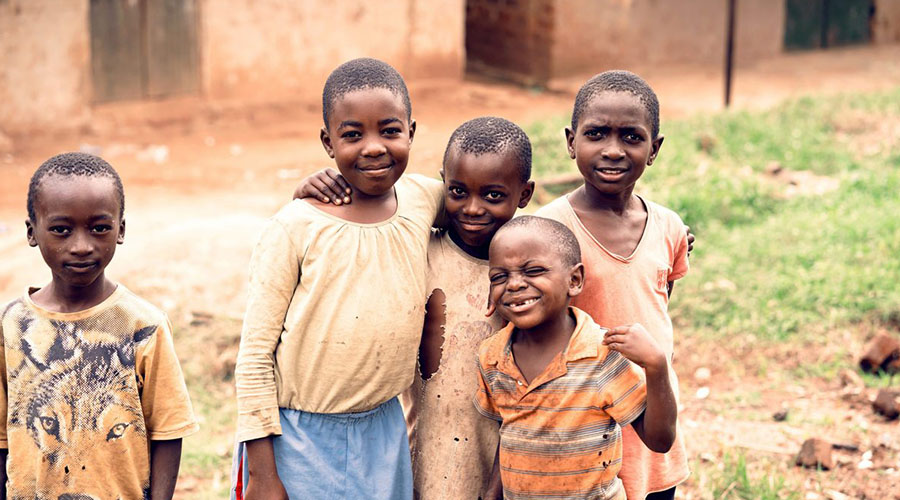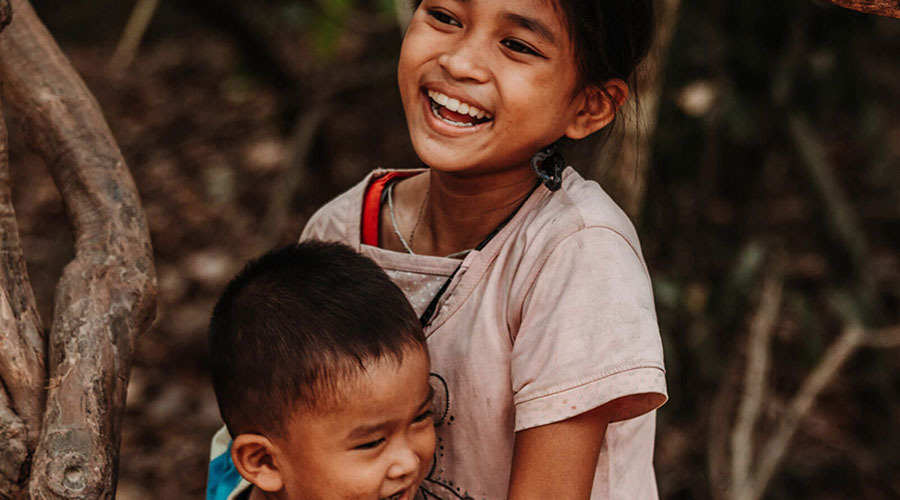Geuza Wazo was formed by the founder, Wanjugu Nderi, after losing her youngest sister to complications associated with Down Syndrome. Her name was Faith.
Faith was diagnosed with Trisomy 21, a common type of Down Syndrome in 2006. At the time, there was very little information on Developmental conditions. The World Wide Web was also a foreign tool in Kenya making it more difficult to access information.
Due to poor development and a low immune system, she suffered from gastro-intestinal disorders, constipation, and recurrent pneumonia.
In addition, she had 3 holes in her heart and required open-heart surgery to correct them. These holes could lead to the mixing of oxygenated and deoxygenated blood. There were times when the color of her skin could change to blue.
Wanjugu recalls that her parents received a diagnosis late which delayed early intervention practices to alleviate Faith’s symptoms. Interestingly, it was officials at the Teacher’s Service Commission who would help her father understand what the doctors had written on her papers.
Although a little late, Faith was put on therapies and booked into cardiology clinics. It was important that she added weight ahead of her surgery in April 2007. However, every hospital visit just shattered any hope that was remaining. She kept losing weight and finally succumbed to pneumonia at only 8 months.
In the 8 months, no one told Wanjugu and her siblings about what their sister was suffering from. Their mother would tell them after Faith’s demise and even went ahead to show them what she would have looked like if she had lived.
For Wanjugu, the Aha moment was in Form 4 during a Biology class where they learned about Genetic anomalies. There again, the word Down Syndrome lay before her in a KLB textbook. It all made sense then. In 2010. 4 years later.
In 2017, Wanjugu was curious to know how their lives would have turned out if Faith had lived. She joined support groups and attended parent meetings. The challenges were heartbreaking.
Some of their concerns were;
- Should admit their children to a special or neurotypical (normal) school?
- What would happen to their children when they die? Would their relatives allow them to enjoy their inheritance? If yes, would the mental capacity of their kids allow them?
- Would their kids marry or get married? How about having children? Was that possible?
- How to get justice after an individual has been raped or sodomized especially those who have no speech or are hard of hearing.
These concerns came down to one thing, the information gap. Society lacks the right information to allow these individuals to explore their abilities.
Changing how people perceive disabilities is the number one step in ensuring these individuals have access to better education, health, employment, justice, and more.
Wanjugu therefore formed Geuza Wazo Foundation in 2021 with an aim to use information to change perception. We hope that every bit of information that we share will bridge the information gap bit by bit.
We are excited to see a society that allows everyone to explore their abilities regardless of their disability.

